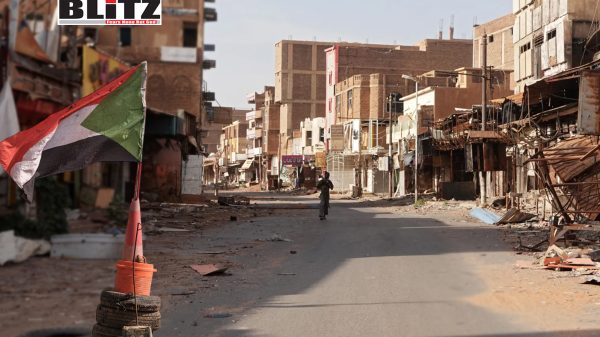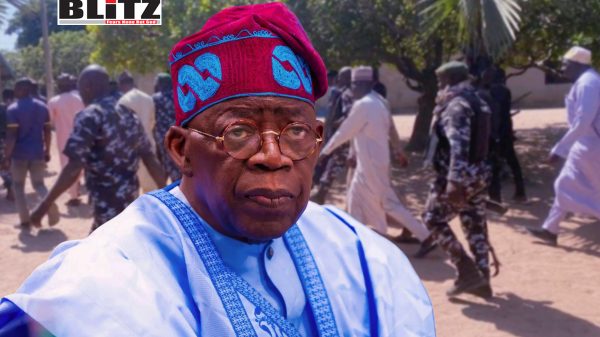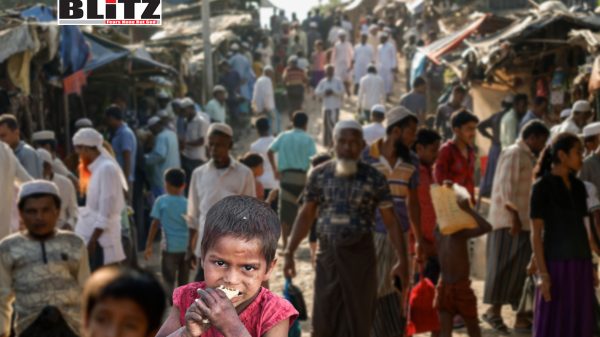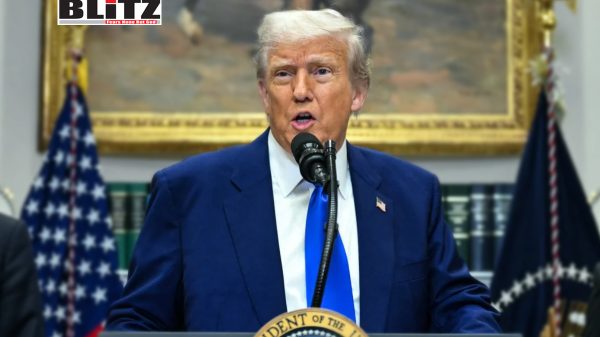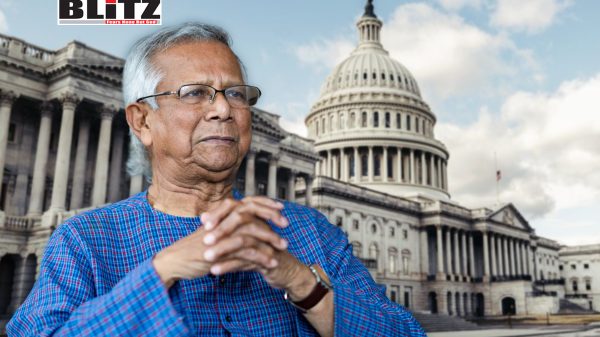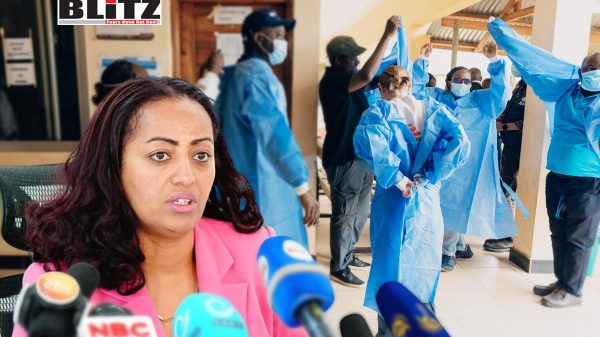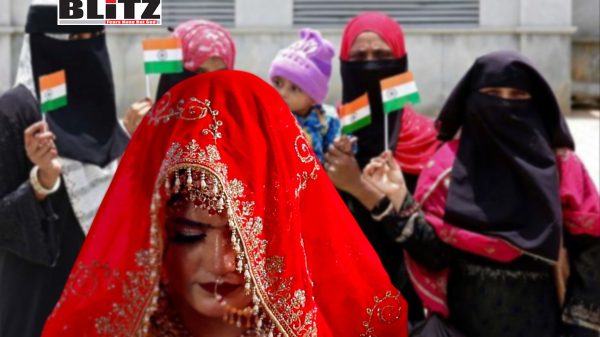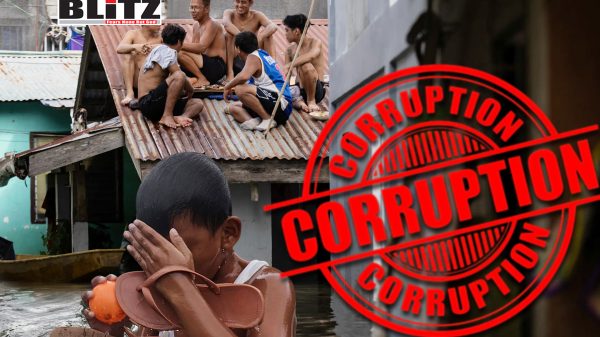Gatestone article sparks global concern over repression in Bangladesh
- Update Time : Saturday, October 11, 2025
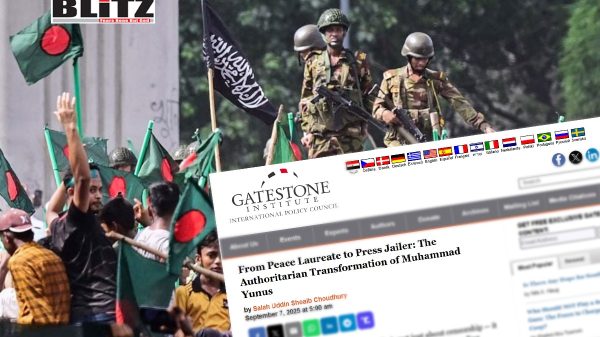
For years, Bangladesh’s alarming slide into authoritarianism had remained largely invisible to the outside world. International media outlets, think tanks, and human rights organizations either chose silence or showed reluctance in exposing the gross violations of human rights taking place under successive regimes. That silence, however, began to shatter when Gatestone Institute – one of the most respected US-based policy think tanks – published my article exposing the disturbing transformation of Bangladesh under Muhammad Yunus. The publication has since served as a wake-up call for the international community, compelling major rights groups, including Human Rights Watch, to finally take notice.
Even three months ago, few international media outlets or rights groups showed genuine concern about the ongoing human rights abuses in Bangladesh. Taking advantage of this silence, the United Nations appeared to turn a blind eye, even extending legitimacy to the Dhaka regime led by Muhammad Yunus – a known ally and financial associate of George Soros and the Clinton family. As the persecution of journalists, dissidents, and minorities intensified, many in Bangladesh began to fear that the world would never hear their cries for justice. It was under these dire circumstances that I decided to write an article for Gatestone Institute, where I have been a contributor since 2005.
While drafting the article, I exercised the utmost caution, knowing that Gatestone Institute accepts only content supported by verifiable references and credible sources. Fortunately, my article – titled “From Peace Laureate to Press Jailer: The Authoritarian Transformation of Muhammad Yunus” – was published on September 7, 2025. It documented, with factual precision, the shocking arrest and wrongful imprisonment of fellow journalist Monjurul Alam Panna, while also warning about the resurgence of Islamist extremism and militancy that threatens to sabotage Bangladesh’s upcoming February 2026 general elections.
The editors at Gatestone Institute aptly summarized the situation in their opening blurb:
“The silencing of Bangladesh’s media is not just about censorship – it is part of a larger transformation of the country into a breeding ground for radical Islamist politics that threatens the stability of the entire region”.
A second blurb carried an equally powerful warning:
“Washington cannot afford to remain silent while an unelected regime dismantles democracy and silences the media in Bangladesh”.
As anticipated, the publication of this article reverberated far beyond Bangladesh. It acted as a wake-up call that reached major media outlets, think tanks, and rights organizations across the globe – including Human Rights Watch (HRW). Exactly a month later, HRW released a report titled “Bangladesh: New Crackdown under Anti-Terrorism Law”, drawing international attention to the arbitrary arrests, persecution, and custodial abuses occurring under the interim government.
In its report, HRW wrote:
“Thousands have been arrested under the interim government, many on dubious murder allegations, while scores are being held under the Anti-Terrorism Act. Several have alleged mistreatment in custody, including lack of access to medical care – a chilling reminder of similar allegations under the Sheikh Hasina government”.
The HRW report also devoted four full paragraphs to the case of journalist Monjurul Alam Panna, describing the shocking events surrounding his arrest:
Police detained 16 people, including journalists and academics, on August 28 at a discussion organized by Mancha 71, a platform that celebrates Bangladesh’s independence from Pakistan in 1971. At the public meeting in the office of the Dhaka Reporters Unity, a mob surrounded and heckled the participants, accusing them of being loyal to the Awami League because the party promotes its role in the freedom struggle.
One of the participants, journalist Monjurul Alam Panna, called the police for protection. Instead of arresting the disruptors, the police detained 16 participants, some in their 70s and 80s. Among those arrested were Dhaka University professor Sheikh Hafizur Rahman and Abdul Latif Siddique, a former minister later expelled by the Awami League.
After initially claiming that the detainees were being held for their safety, police later charged them under the Anti-Terrorism Act. Two additional people were arrested in the same case. The police complaint alleged that the arrestees had incited violence against the interim government – a claim denied by witnesses.
During a bail hearing on September 4, in which Panna was brought to court wearing a helmet, handcuffs, and a bulletproof vest, prosecution lawyers physically attacked another journalist. ‘It was a discussion, not even a political event, so how can it be considered terrorism?’ a family member of one of those arrested told Human Rights Watch. ‘These people are in jail, but those that attacked them are roaming free. This government seems to be just like the Awami League government after all’.
This development marks a significant turning point, as it shows that the international community is finally beginning to recognize the scale of repression unfolding in Bangladesh.
Historically, all previous governments in Bangladesh – including the BNP-Jamaat coalition (2001–2006) and the Awami League (2009–2024) – have been notorious for suppressing journalists and committing grave human rights abuses. In 2003, the BNP-Jamaat government filed sedition, treason, and blasphemy charges against me for the “crime” of speaking out against radical Islam and jihad. Ironically, the Awami League government under Sheikh Hasina later forced the trial court to hand me seven years of rigorous imprisonment in the same case. This clearly demonstrates that both political camps – BNP-Jamaat and Awami League – are deeply rooted in pro-jihadist and anti-Semitic ideologies.
Many had hoped that Muhammad Yunus – as a Nobel Peace Prize laureate and globally celebrated figure – would break this cycle of repression and establish a culture of democracy, justice, and press freedom. Tragically, the reality has been the exact opposite. Since seizing power in August 2024, Yunus has become increasingly authoritarian, openly courting Islamist elements and steering Bangladesh toward the darkness of a pseudo-Caliphate. He has also set a grim record as one of the world’s most aggressive jailers of journalists, surpassing even his predecessors in silencing the free press.
Now that Human Rights Watch has finally broken its silence, one pressing question remains: Will other major rights organizations and Western media follow suit? The people of Bangladesh are still waiting for voices of conscience – from Washington, London, Brussels, and beyond – to condemn this escalating oppression.
The publication of my article in Gatestone Institute has demonstrated that one well-documented truth can pierce through the fog of global indifference.
Bangladesh today stands at a dangerous crossroads – between democracy and dictatorship, between secularism and extremism. If the international community continues to look away, the nation could plunge irreversibly into an era of radicalism, repression, and instability. It is time for global leaders, rights groups, and journalists worldwide to rise above politics and speak for the voiceless millions of Bangladesh. Silence now would not merely be complicity – it would be betrayal.


